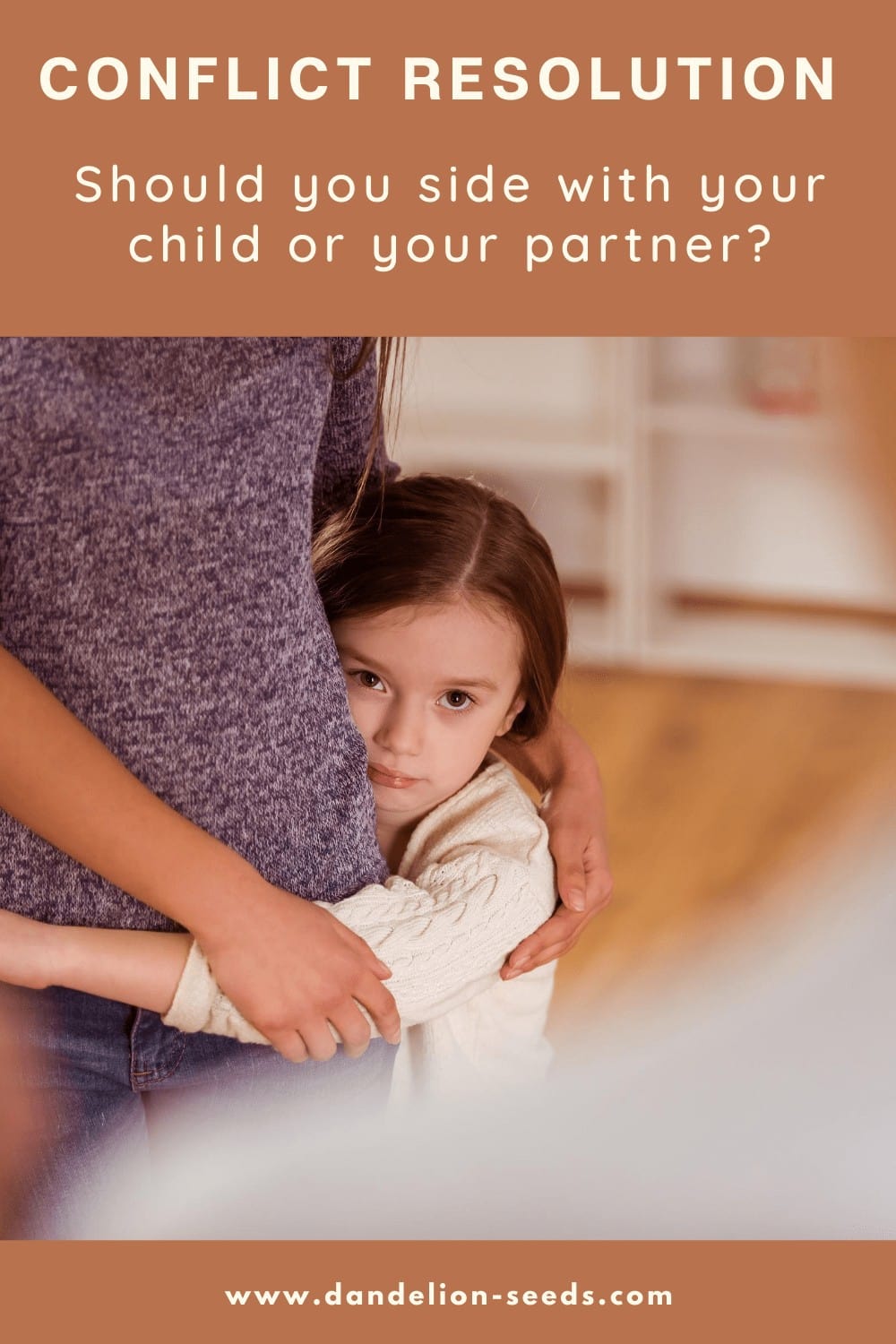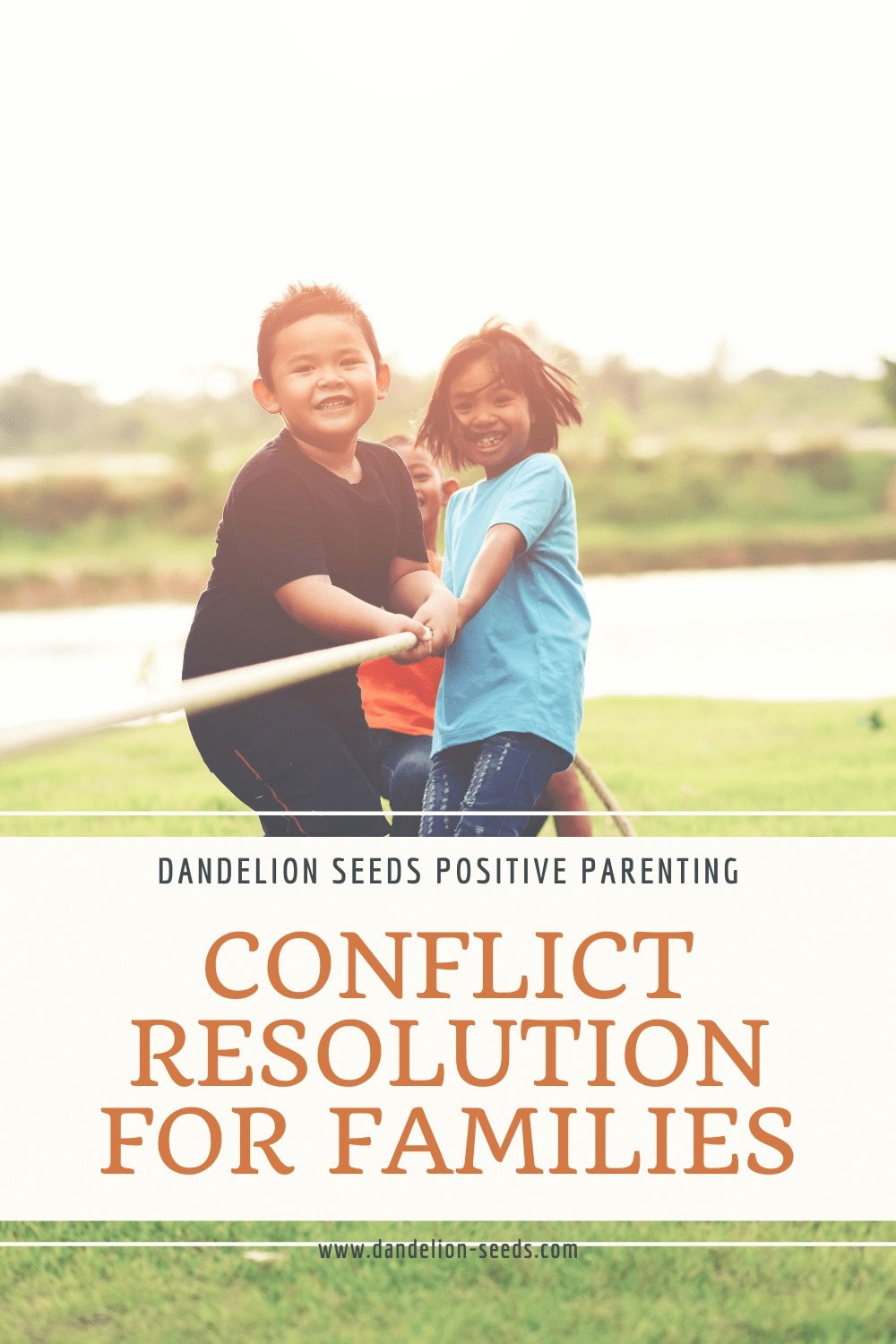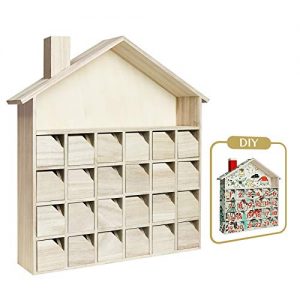
Sign in
Don't have an account with us? Sign up using the form below and get some free bonuses!

We've all been there. Our family members are disagreeing about something, and they come to us -- a neutral party -- wanting us to take sides.
At best, it's awkward. At worst, someone ends up feeling crummy and isolated.
Sometimes two children want us to take sides and resolve problems for them. Other times, the other "side" is an adult -- our co-parent. That certainly never feels good.
First, know this is a very common source of parenting conflict. It's nearly inevitable; adults approach parenting situations from different perspectives and backgrounds.
In family conflict, it may feel like a child is trying to pit one parent against the other. However, reality is that by asking us to take sides, they're trying to understand where the boundaries really are. This is healthy and normal behavior for a child.
In our case, both my husband and I are committed to positive parenting. However, the details of how we handle situations sometimes differs in practice.
My husband is usually a gentle parent; to his credit, he's worked hard to embrace this way of living. He also happens to be human, so there's that.
Of course, I'm imperfect, too. I've made mistakes with my child and he's been witness to them. Plenty of them.
Sometimes, disagreements about parenting "in the moment" can be confusing for a child. Like many couples, we often agree conceptually about discipline and child rearing, but our implementation doesn't always match.
Still, we know it's important for our child's wellbeing that we resolve our parenting conflicts in healthy ways (source).
We work to avoid having to take sides. At the same time, we ALL sometimes need a helping hand to move past situations where we're feeling stuck.

It's particularly tricky, of course, when one of us hasn't been privy to a dispute, and now that person is put in the middle to take sides.
Recently, all three of us were in our backyard. I was mowing the lawn, my husband was hanging a sun shade over our patio, and our child was playing.
When I was done mowing, I went inside and left the two of them outdoors. When they came in, there was clearly some discord between them.
As it turns out, our child had removed her shoes in the grass and wanted my husband to bring them inside for her.
His standpoint was, "Her shoes, her responsibility."
She decided she'd be happy to leave them in the grass and come in without them.
My child asked, "Mommy, you'd have gotten my shoes for me, right?" She's 7. This is a normal line of questioning for someone her age; she wasn't meaning to throw her Daddy under the proverbial bus.
My husband interjected, "They're her shoes so she needs to bring them in. We're not going to get them for her." He gave me a look that implied he didn't want me to "cave" and retrieve them.
I didn't sign up to be put into the middle of conflict resolution. All I did was mow the lawn. I didn't want to take sides here.
As I saw it in that moment, I had several options. I could've said:
Who said I had to take one of THESE options, anyway? Just because my husband and daughter presented me with a couple of alternatives, didn't mean they were the only ways to handle this. I did not have to take sides.
Here's what I did, instead, to mitigate conflict over the issue, and also to model problem-solving.
Knowing that no one can easily make a good decision when they're angry (source), I told them we'd pause the conversation.
"What?!" they both inquired. They wanted resolution NOW.
But emotional regulation needed to happen first, for both of them. I calmly explained, "I'm not comfortable being put in the middle of this disagreement. I need to make a boundary and remove myself from the discussion for awhile. I've heard both your perspectives and I'm going to think about how to handle this."
They didn't love my boundary, but they both agreed we could pause the discussion.
So, we had lunch. They calmed down.
I said, "I still don't want to take sides about who should get the shoes. [Daughter], you're right. I probably would've gotten your shoes today. In our family, we help each other. So, I think it's appropriate to ask one another to get our stuff sometimes." My daughter breathed a sigh of relief. She felt validated.
Helping each other is classic role modeling. If adults say, "Your stuff isn't my responsibility," what happens when we ask our child to help us with something? It would be hypocritical for us to expect that they would. This isn't a one-way street.
Modeling helpfulness and responsibility happens in big and little ways, every single day. And modeling behavior is the surest predictor of what kind of person our child will become.
Some would argue that this approach fosters entitlement in children. I disagree. If we model helpfulness, we should watch for the ways they begin contributing to the family naturally. One of my upcoming courses will go into this in more depth.
I quickly added, "At the same time, we also need to take good care of our belongings and we want to make sure everyone does their share. So, I can see the importance of bringing in our own shoes sometimes." My husband exhaled. He felt validated.

Playful parenting was the next most logical step, and it didn't require that I take sides.
I first asked if they'd be willing to make a game of problem solving. They both agreed. (Consensus is important.)
In my most official-sounding voice, I announced, "IT IS NOW TIME FOR THE GREAT SHOE HUNT! EVERYONE PLEASE GO OUTSIDE AND STAND ON THE PORCH. I'LL SHARE THE RULES MOMENTARILY!"
Once they were both outside, I said they'd have exactly 60 seconds to find a missing pair of shoes. However, they both had to do it with only ONE eye open -- and they must hop on one foot to get there.
I counted to three and off they went.
Of course they both knew where the shoes were. They were right where they'd left them.
Of course we knew my child would be the one to "win" -- that was the point. And naturally, she was perfectly cognizant of the fact that she was retrieving her own shoes after all. She didn't miss the lesson here.
In the context of play, and being emotionally regulated, she was happy to do the work of retrieving her shoes.
The difference was that we spoke her language; the language of play.
I didn't have to take sides. What I had to do instead was to approach the problem from a different perspective.
Nope. It doesn't always work. There's no magical bandage that solves all problems.
You'll be surprised how many it does solve, however. All the better if we can use it proactively, before the need to take sides ever arises.
It's the perfect starting point to avoid unnecessary conflict.
And to be clear, was my way the "best" way? I don't know. I do see my husband's perspective about learning responsibility. I'm trusting that she IS learning, and my way isn't the only way she'll do that.
It felt good to me to not have to take sides. I, too, felt validated in my boundary and am glad I didn't have to mediate a win/lose situation, when a win/win was possible.
The positive approach is always worth a try -- and you might just avoid having to take sides altogether. Some problems just work themselves out when we allow for creative solutions.
This is all part of parenting, one missing shoe at a time.
Afflinks. As an Amazon associate, we earn from qualifying purchases.




